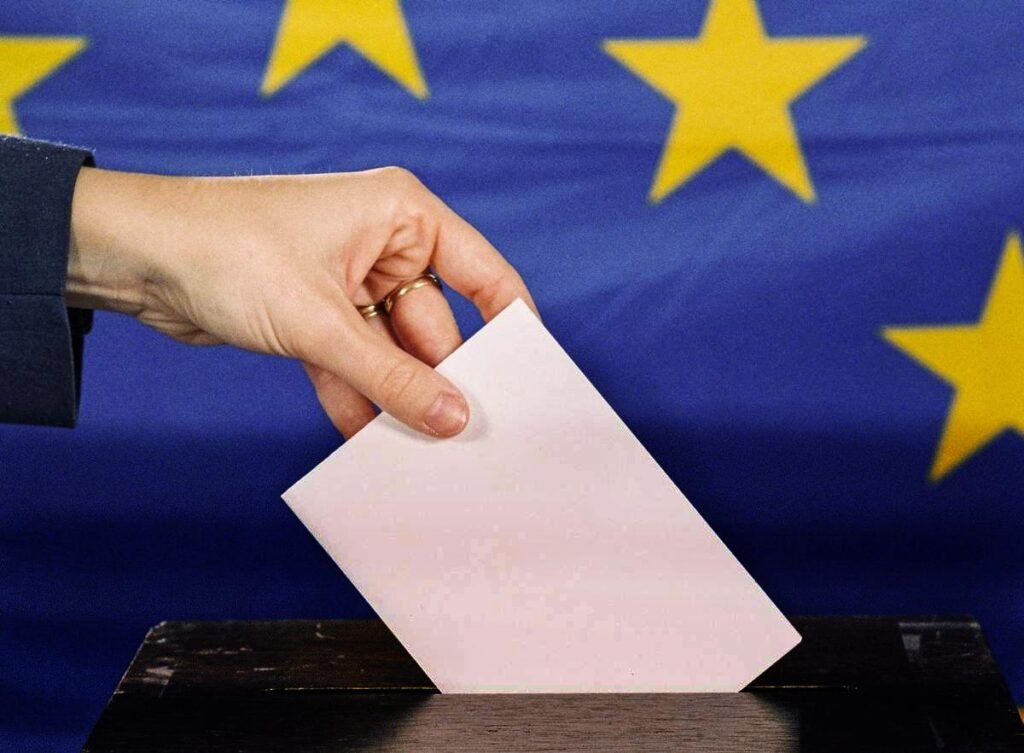EU Parliament and Council negotiators have reached provisional agreement on changes to the statute and funding of European political parties and European political foundations (EUPPFs).

The revision aims to enhance transparency of European political parties and bolster the framework for their funding, particularly to counter the risks of foreign interference and manipulation.
Several amendments to the Commission’s initial proposal were introduced with a view to strengthening the transparency of the European political environment, the visibility of EUPPFs and reinforcing the EU’s capacity to prevent the risk of foreign interference.
The text specifies the type of activities that European political parties may organise jointly with their member parties, with a view to contributing to the formation of European political awareness. The co-legislators agreed, however, to maintain the prohibition for EUPPFs to finance national referendum campaigns, as it is currently the case. The regulation also ensures strong measures on gender balance in parties and on candidate lists for European Parliament elections.
The regulation aligns the regimes for European political parties and European political foundations, bringing the co-financing rate to obtain European subsidies to 5% for both. The text also ensures appropriate monitoring of the new accounting category introduced by the Commission linked to the financial income generated by the EUPPFs’ activities (‘self-generated resources’) and provides that this source of revenue will be limited to 3% of their annual budget for European political parties and 5% for European political foundations.
On foreign interference, EUPPFs would have to submit a written declaration on their compliance and their members’ compliance with EU values while specifying that a new declaration should be produced following any change in membership. The regulation additionally limits the risk of foreign interference by applying limitations for the newly created categories of ‘associated member parties’ and ‘associated member organisations’. Moreover, the co-legislators agreed to prohibit membership fees or contributions to EUPPFs from parties or organisations outside the EU, while retaining the possibility for parties to maintain cooperation with their political partners beyond the borders of the EU. Finally, the text introduces safeguards to ensure that members of EUPPFs parties are not under restrictive measures.
The provisional deal now needs formal endorsement by both Parliament and Council in order to enter into force. Most provisions are expected to start being applicable as of 1 January 2026.